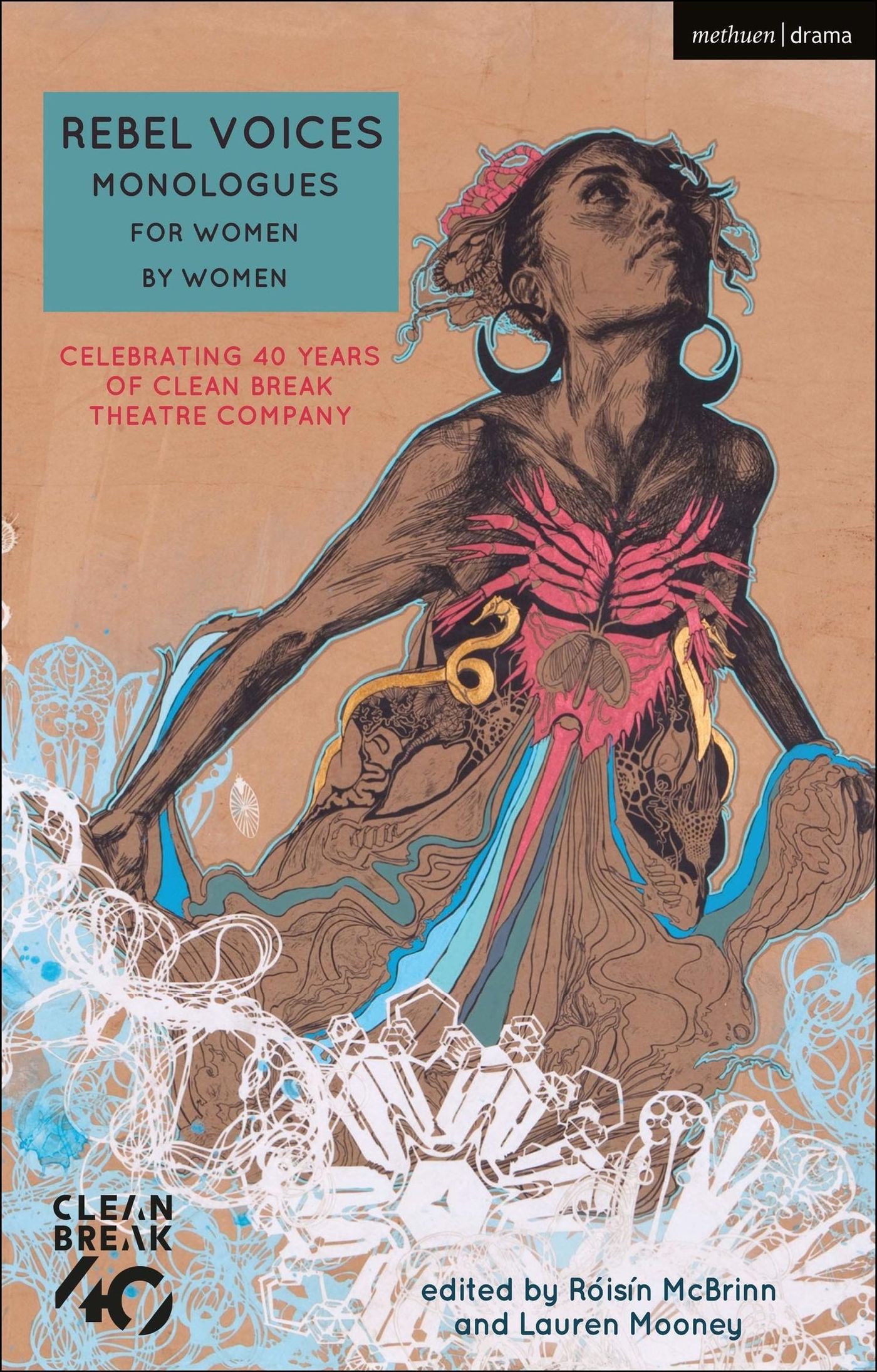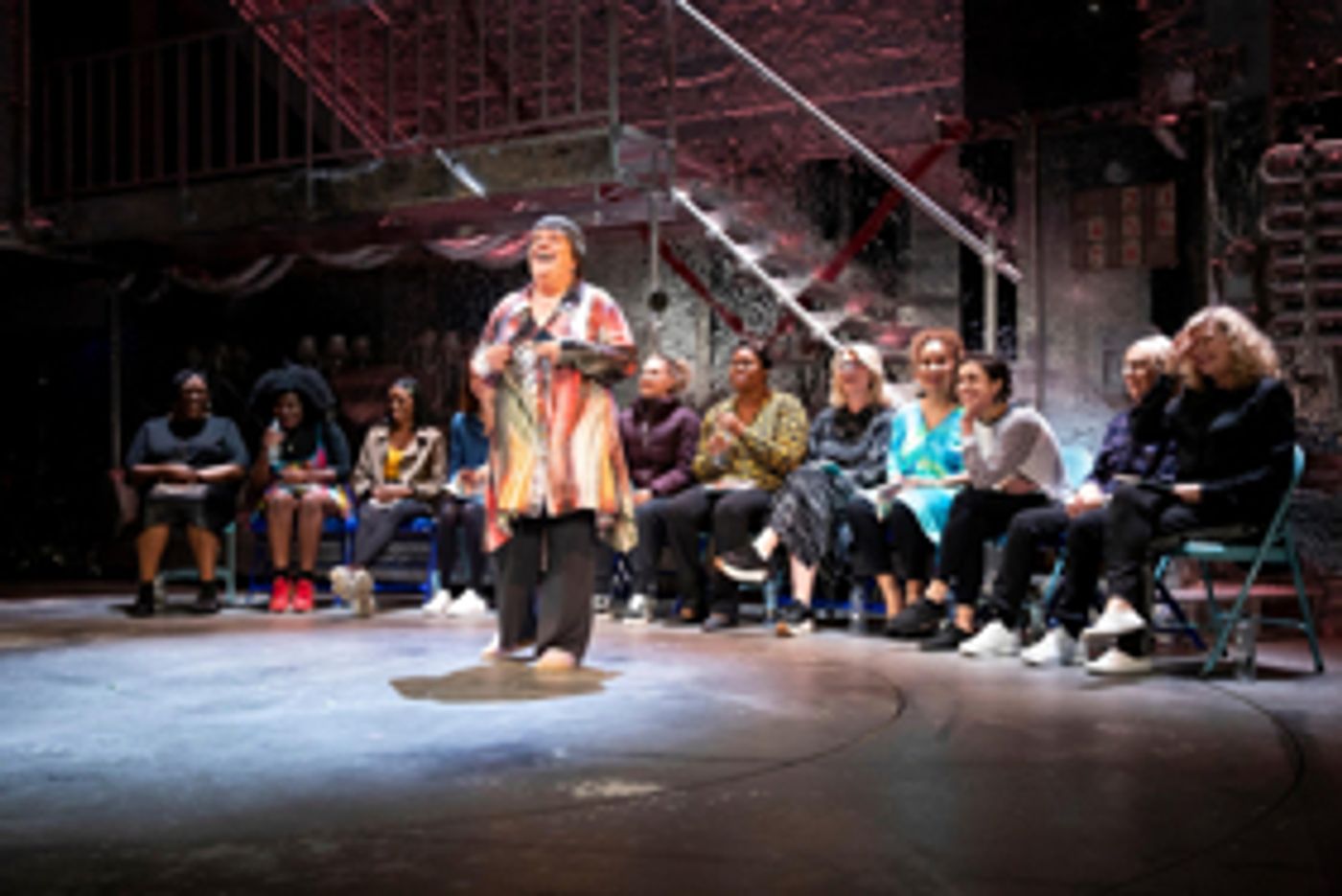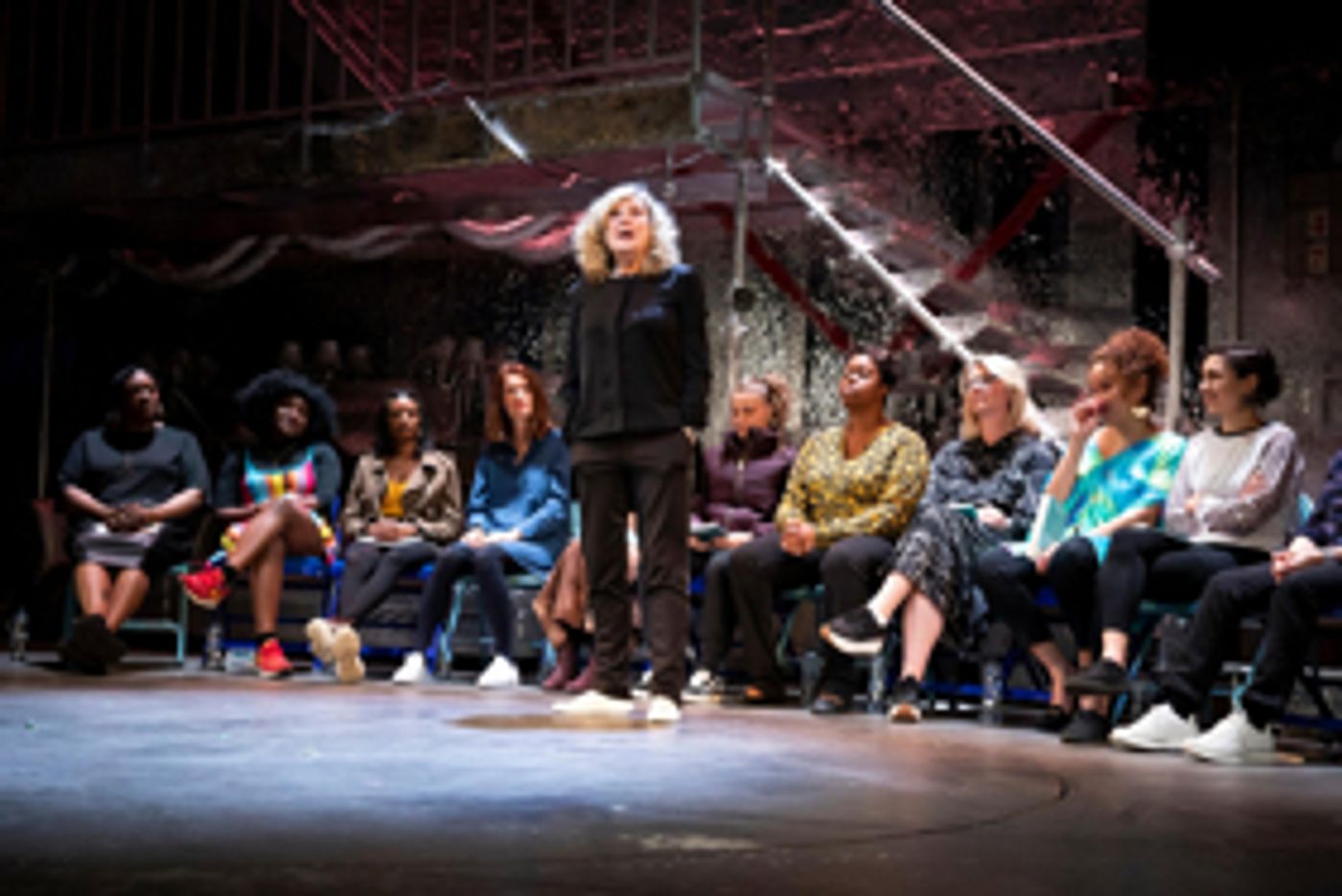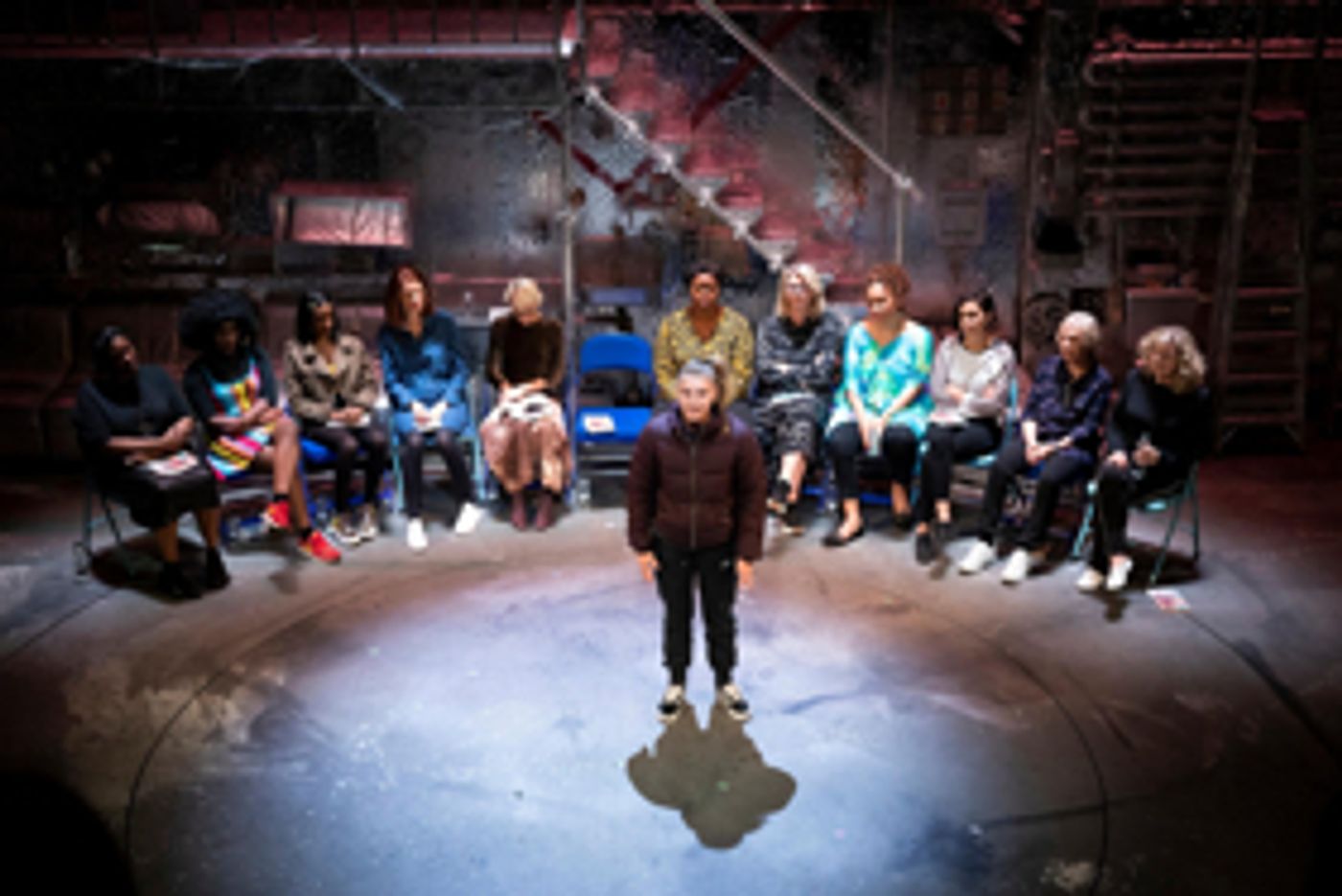Clean Break Celebrates 40th Year With New Anthology of Monologues and Launch at Donmar Warehouse

Jenny Hicks and Jacqueline Holborough were both serving sentences in HMP Askham Grange when they decided that prison needed theatre. Hence, Clean Break was born. From a collective of ex-prisoners, the company grew to be one of Britain's most progressive, life-changing and groundbreaking organisations.
They celebrate their 40th year of activity with an anthology, which had a dazzling launch at The Donmar Warehouse on Sunday, 12 May. Rebel Voices is a collection of brief monologues drawn from the many plays commissioned, produced or developed by the body over the years, with the inclusion of some that are still in the works.
It sees pieces written by women for women of all ages and backgrounds, resulting in a magnificent selection that honours the stories they represent. Featured among the writers in the 40-strong list are Emilia playwright Morgan Lloyd Malcolm, writer-in-residence Lucy Kirkwood, Sarah Daniels, Deborah Bruce, and Rena Owen.

The collaboration between joint artistic director Róisín McBrinn and Lauren Mooney, who acted as their literary producer until 2018,
has given life to a well-rounded and outstandingly inclusive catalogue. They accompany the scripts with detailed introductions, stating the specific backgrounds of each originating production and giving support for the actors to work on the characters.
For the book launch, they enlisted a starry line-up of actresses and patrons who have been shaped (and have, in turn, shaped) the company. Holborough herself, Michelle Greenidge, Ann Mitchell, Daisy Bartle, Susan Wokoma, Jackie Clune, Unique Spencer, Martina Laird, Jenifer Joseph, Justine Mitchell, Danusia Samal and Lia Williams all performed extracts from the volume and shared memories from their experience with the organisation.

"Clean Break gave me the greatest opportunity and changed the course of my career," Greenidge said after delivering a shattering monologue from Somalia Seaton's House. Gratitude was a communal feeling, as well as the clear conclusion that what they're making isn't "just theatre". Clune added: "Art is transformative, it's important. I think it can save souls - it saved mine."
Bartle emotionally recalled how being part of their projects turned her life upside-down, owing to Clean Break that she was not only given a second chance, but shown another way of living. Mitchell pins down her long-standing collaboration and patronage to finding likeminded individuals who were looking for meaning and transformation, which eventually led to lifelong friendships and mutual support.

It's Mitchell who introduced Laird to the work they do with ex-offenders. "Theatre is holistic, intersectional, essential," she expressed, a concept that was then reiterated by Williams and gained nods of approval from attendees and audience alike. She defined the atmosphere created by the creative teams as a safe space in which artists can explore their minds in an environment that's
nothing but healthy and secure. "I've always seen myself as a transmitter of stories," she told the audience.
This is where Clean Break's strength seems to lie: a passion for representing a variety of untold tales about women who would otherwise go unnoticed, combined with the true virtue of selfless aid and love for theatre. McBrinn concluded the evening with a heartfelt message of thanks for those who have paved her way and help build the solid structure that now makes the company.

The partnership with the Donmar has seen the two working together on Phyllida Lloyd's acclaimed all-female Shakespeare Trilogy starring Dame Harriet Walter back in 2016. Later this year, they're co-producing Alice Birch's new play [Blank], with Maria Aberg's direction, to mark the landmark anniversary of the company's creation.
These two ventures, together with their continued work with communities and artists, have already turned 2019 into another monumental year for Clean Break.
Rebel Voices is published by Methuen Drama
And if you think you could benefit from Clean Break's Programme, click here
Videos

